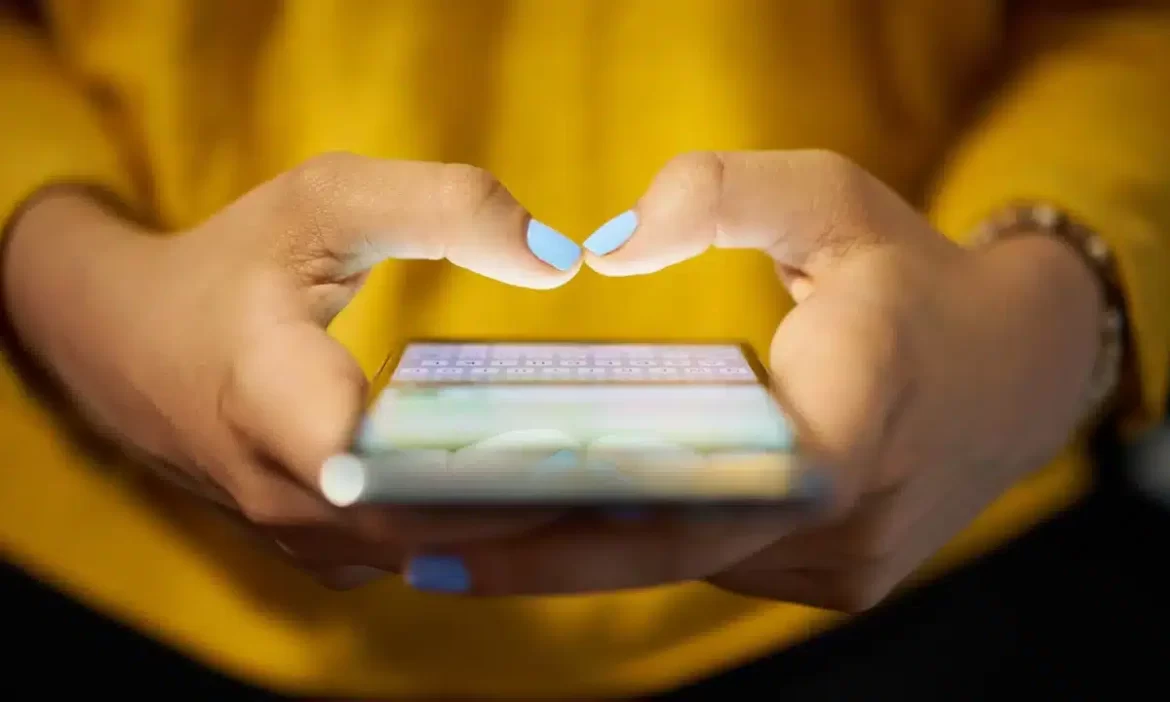Many people use social media to keep in touch with family and friends, get their news, and express themselves. But when used to excess, it can have negative effects on your mental health.
Some signs of compulsive social media use include: spending too much time on social media to the detriment of your health or relationships, needing to spend longer periods of time on social media to feel satisfied, and feelings of dissatisfaction after using social media.
How Does Social Media Affect Your Mental Health?
When it comes to social media and mental health, there are pros and cons. On one hand, social media can enhance connection, boost self-esteem, and improve a sense of belonging. However, it can also lead to tremendous stress, pressure to compare ourselves to others, and increased sadness and isolation.
Moreover, many users compulsively seek out gratification. For example, they may constantly refresh their Facebook feed in order to see if someone has ‘liked’ them.
How Does Social Media Affect Your Child’s Mental Health?
Social media can be a positive part of a young person’s life when it is used carefully. It can help them find information, resources and community that they wouldn’t otherwise have access to.
It can also provide a form of social support and reduce loneliness and feelings of isolation. However, it can also increase feelings of depression, anxiety and stress.
Encourage your teen to spend more time outside of their screens and in physical activities that involve other people. Also, encourage hobbies that aren’t online, such as exercise, reading and creative outlets.
How Does Social Media Affect Your Relationships?
Social media can create feelings of envy or jealousy. This can be especially true when it comes to relationships. One example of this is when a partner constantly checks their phone during family or relationship time. This is called phubbing, and it can lead to relationship conflict and even feelings of depression.
Many young people feel their mental health is impacted by the couples they see on social media. However, adults can also suffer from the same negative impacts of social media on their mental health.
How Does Social Media Affect Your Career?
A social media presence can be both a benefit and a hurdle in your career search. While many people believe that their personal lives are not for public consumption, the reality is that your online profile can be seen by anyone – including potential employers.
According to a survey by CareerBuilder, half of employers check current employees’ social media accounts. If your online profile is not professional, it can hurt your job hunt.
How Does Social Media Affect Your Self-Esteem?
Social media can impact your self-esteem in a variety of ways. For one, it can cause you to compare your life to others’ on social media. This can lead to feelings of envy and inadequacy.
Additionally, social media can also contribute to low self-esteem through cyberbullying. This can be very damaging to your mental health. In addition, excessive use of social media can prevent you from spending time in person with friends and family which may also affect your self-esteem.
How Does Social Media Affect Your Loneliness?
Researchers have found that spending too much time on social media can cause loneliness, anxiety, depression, and physical ailments. This is especially true for young adults.
For participants with’maintaining contact’ motives for social media use (compared to avoiding difficult feelings), relatively weak but statistically significant associations were seen between higher levels of loneliness and more time spent daily on social media. Health worry and alexithymia were also related to greater loneliness scores.
How Does Social Media Affect Your Depression?
While Twitter, Snapchat, Instagram, and TikTok can be an enjoyable way to connect with friends, excessive use of these platforms can lead to a number of mental health issues. These include the feeling of depression, loneliness, and anxiety.
Research shows that limiting social media use may improve your mental health. A 2018 study of 143 students showed that those who limited their social media use to 30 minutes per day experienced less loneliness and depression than those who continued to use social media as they normally would.
How Does Social Media Affect Your Anxiety?
Do you check social media first thing in the morning and last thing at night? Do you feel like you need to check social media more often than that. If so, you might be suffering from symptoms of social anxiety or depression that can be treated with online therapy or short-term use of antidepressants.
While social media can be a great tool for connecting people, it can also lead to feelings of dissatisfaction and isolation. If you’re suffering from these negative effects, it’s time to cut back on your social media usage.
How Does Social Media Affect Your Sleep?
Taking a broader perspective of social media use (moving beyond hours per day to examine a range of relevant social and emotional aspects) has brought valuable new insight into links with mental health. Sleep research can benefit from a similar approach.
Social media use at night is associated with poorer sleep outcomes. This may be due to a combination of factors including direct sleep displacement, negative mood effects and exposure to blue light.


